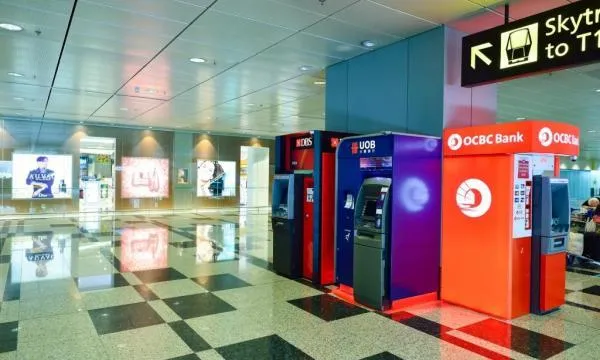
Here's how Singapore banks fared in Q2
DBS, OCBC, and UOB reported growth in fee income.
Singapore's banks reported mixed results, with some reporting more promising growth than the others in different sectors. UOB Kay Hian noted that OCBC’s and UOB’s 2Q17 results beat expectations, whilst DBS’ was in line with expectations.
Here's a quick rundown of the banks' results according to UOB Kay Hian:
Contrasting directions for loan growth. DBS and OCBC achieved broad-based loan growth of 1.5% and 1.8% qoq respectively. The two banks registered 4.1% and 3.3% qoq in loans to general commerce, indicating recovery in intra-regional trade. Conversely, UOB’s loan book contracted 0.6% qoq as Greater China loans declined 6.6% qoq.
NIMs on an upward trend. OCBC and UOB reported NIM expansion of 3bp and 2bp respectively, benefitting from NIM expansion in Singapore as a result of rising SIBOR and SOR. DBS’ NIM held steady. It benefitted from NIM expansion in Singapore but suffered NIM compression in Hong Kong as a result of lower 1M HIBOR.
Growth in fees from wealth, fund management and credit cards. DBS, OCBC and UOB grew fee income by 4%, 18% and 9% yoy respectively. Fees from wealth management increased 37% yoy at DBS, 45% yoy at OCBC and 24% yoy at UOB. OCBC and UOB benefitted from a recovery in fund management, where contributions increased 12% and 33% yoy respectively. There was also healthy growth in contributions from credit cards at 20% for DBS, 6% for OCBC and 10% yoy for UOB.
OCBC benefitted from a doubling in contributions from life insurance. Operating profit from insurance business increased 20% yoy while shareholders’ fund investments increased 8-fold to S$51m, from S$6m last year
DBS benefitting from investments in digitalisation. DBS performed the best in cost containment with operating expenses declining 1% yoy. Conversely, OCBC’s and UOB’s operating expenses increased 6% and 7% yoy respectively. DBS and OCBC have better cost-to-income ratios of 43.4% and 41.4%, vs 45.6% for UOB.
Asset quality stabilised with NPL ratio inching up marginally by 1bp qoq for DBS, 4bp qoq for UOB and unchanged for OCBC. NPL formation eased yoy for all three banks. Unfortunately, DBS experienced a 56% qoq surge in specific provisions due to exposure to offshore support services for Singapore and Hong Kong.
Dividend policies could be reviewed, especially when new capital requirements from Basel 4 are finalised. DBS has the highest CET-1 CAR of 14%, followed by 13.3% for UOB and 12% for OCBC. DBS has completed the review of its dividend policy and has increased 2017 interim dividend from 30 to 33 cents/share. OCBC has withdrawn its scrip dividend scheme. UOB maintains its scrip dividend scheme but will significantly lower the discount of the issue price for its scrip dividends.













 Advertise
Advertise










